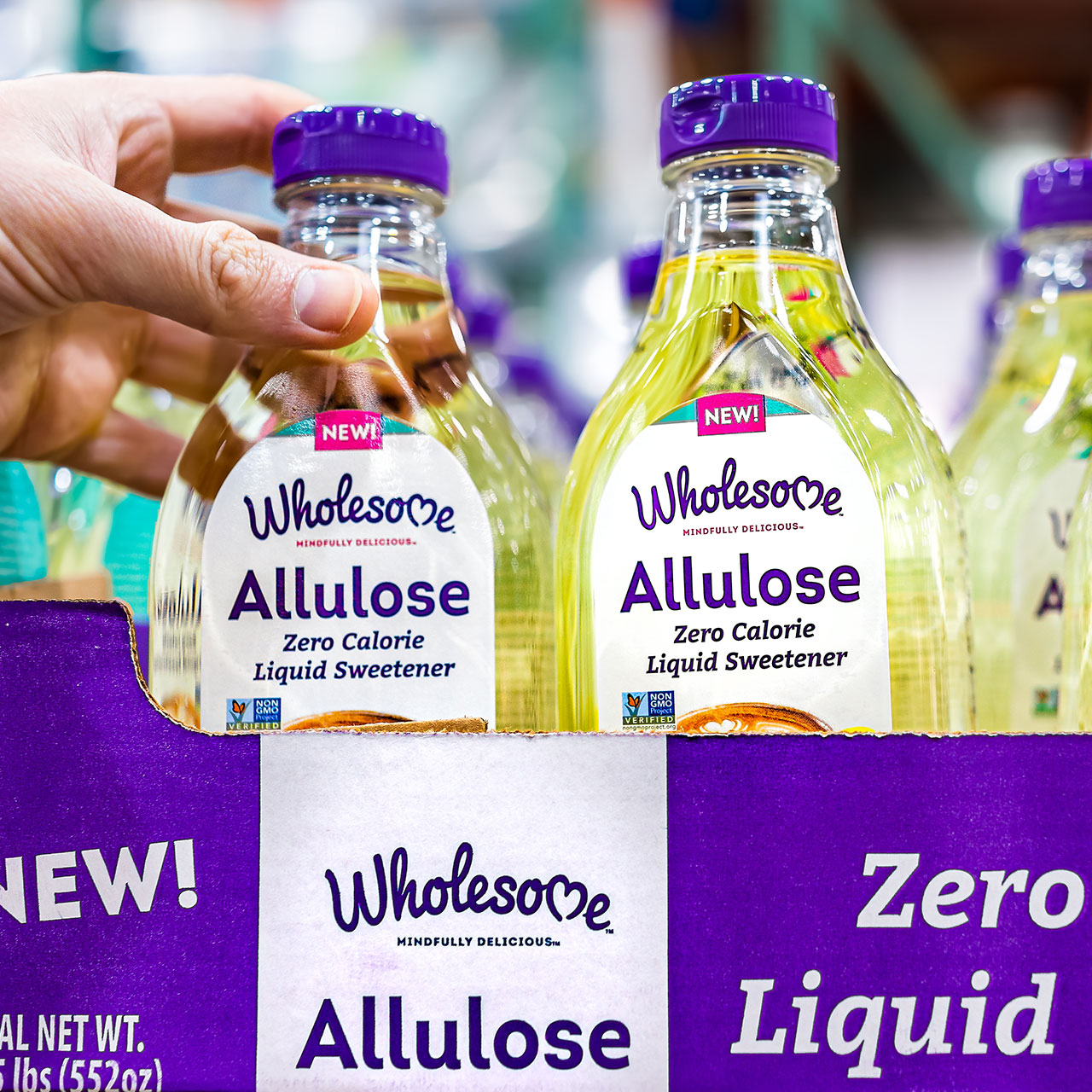This is an archived article and the information in the story may be outdated. Please check the time stamp on the story to see when it was updated last.
For many people, their morning cup of coffee is the highlight of the day. Whether you drink it black or prefer it sweetened, there’s an undeniable boost from your daily caffeine that just makes you feel great. Thankfully there are a variety of health benefits that come with a mug of black coffee, including a sharper memory, heightened metabolism, and even a lower risk of type II diabetes.
However, depending on how you prepare your cup, you may be inadvertently damaging your body over time. Sweeteners and other creamers may provide delicious flavor to your beverage, but at the risk of your health, but some variations more than others. If you’re looking to optimize your morning cup of coffee, there’s one thing you should think twice about including both for your weight and even more serious health concerns.


Drinking black coffee is an acquired taste and it’s more than likely that at one point or another you’ve added sweetener or creamer to your beverage to cut through the bitter flavor. While in moderation certain sugars are perfectly fine, artificial sweeteners such as aspartame can have long term effects on your overall health. “You might already know that artificial sweeteners can cause you to gain weight, but some go beyond that. Recent studies have proven that aspartame can contribute to obesity,” warns family physician Dr. Waqas Ahmad Buttar. “It can even increase your chance of getting Alzheimer's and [having a] stroke.”

Due to its unnatural composition, aspartame contains a variety of unhealthy ingredients which may have a negative effect on your overall health. “[Aspartame] belongs to a class of chemicals called excitotoxins, of which MSG is a member. Excitotoxins cause neurons to fire almost uncontrollably,” explains Buttar. “Aspartame also damages gut biota -- in fact, studies have shown that it contributes to obesity even more than sugar. In early trials, it proved to be carcinogenic in mice.” While aspartame is often marketed as being a diet friendly alternative to sugar, the reality is that the side effects it can cause are much worse than regularly consuming a natural sweetener. From weight gain to chronic headaches and increased risk of heart disease, artificial sweeteners such as aspartame are better left on the shelf.

If you aren’t quite ready to make the switch to black coffee and are still in need some something to cut through the bitterness of your morning cup, agave nectar, maple syrup, and even honey are all great natural alternatives that can sweeten up your coffee without overloading your body with carcinogens. Just make sure to keep your serving size down to a teaspoon or two as these sweeteners are often higher in calories and can quickly add up if you’re not measuring. It’s important to note that aspartame will often be present in your favorite sugar free coffee creamers, so keep an eye on the label before blindly throwing anything into your grocery cart.

While most foods can be consumed in moderation even as you’re working towards weight loss, your morning coffee is a daily staple so it’s best to start there when making small swaps to benefit your overall health. Rather than opting for the sugar free coffee creamer or aspartame based sweetener, try integrating natural sugars into your cup of joe. It may seem backwards for losing weight as they are often higher in calories, but the origin of their ingredients is much more natural, making them a healthier alternative to highly processed sweeteners. Weaning off artificial sweeteners may be difficult, but down the line you’ll be glad not to be dependent on such a potentially damaging ingredient--even if it is delicious.


























